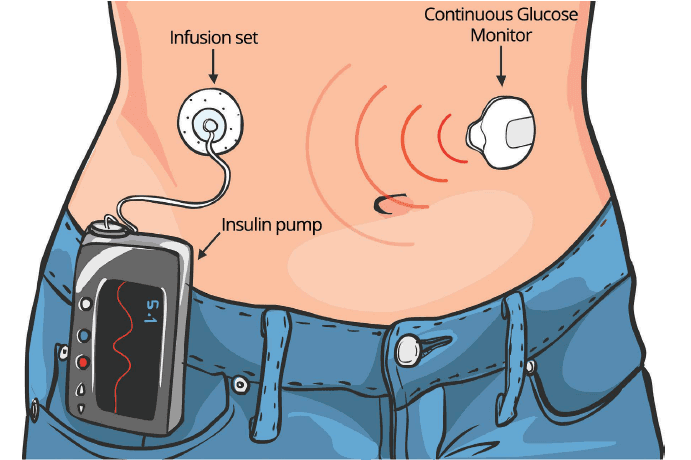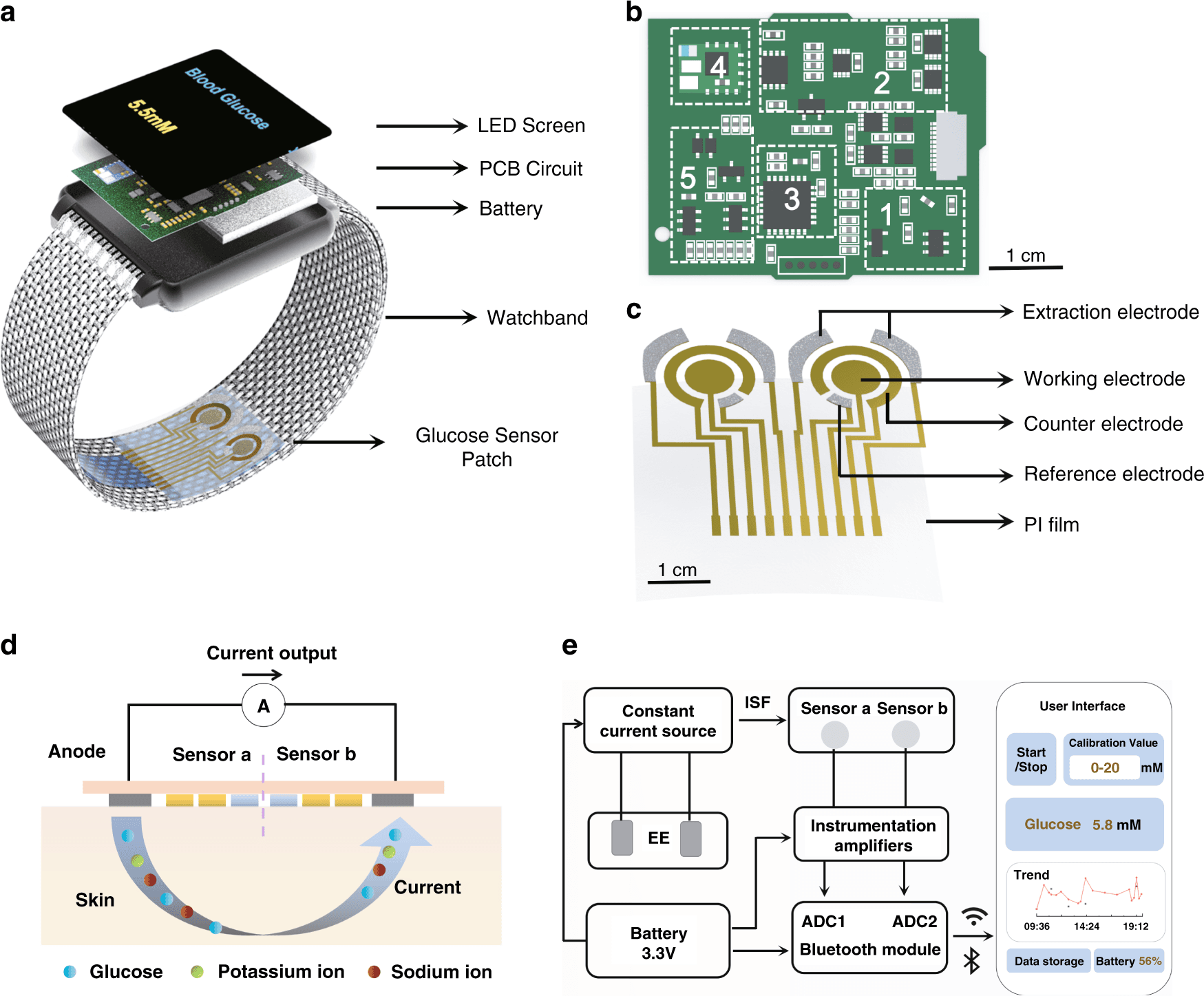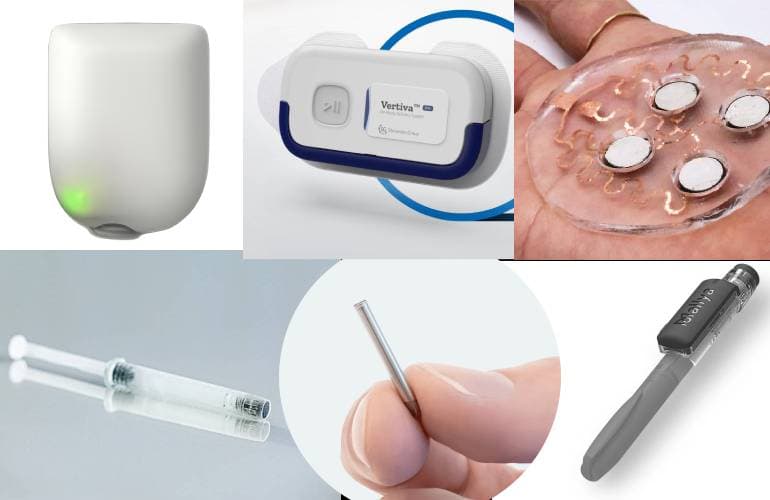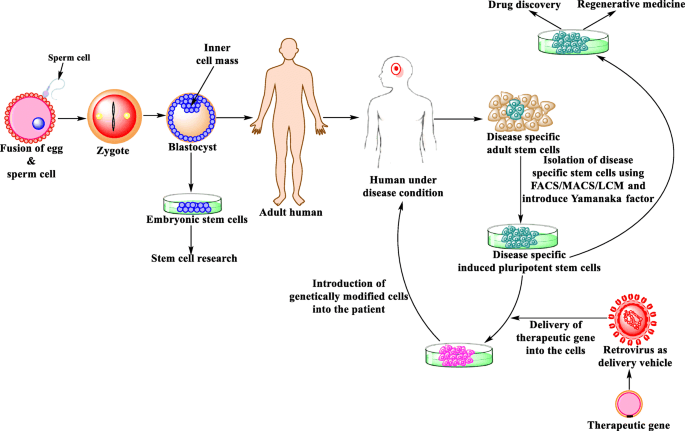Revolutionary Innovations in Diabetes Management: Transforming Patient Care
Diabetes management has undergone a remarkable transformation in recent years, thanks to groundbreaking technological innovations and new treatment approaches. These advancements are not only improving blood sugar control but also enhancing the overall quality of life for individuals living with diabetes. In this article, we will explore the latest innovations that are reshaping diabetes care.
Continuous Glucose Monitoring (CGM): Real-Time Insights
Continuous Glucose Monitoring (CGM) systems have revolutionized how patients track their blood sugar levels. These devices provide real-time glucose readings throughout the day and night, allowing for more precise diabetes management. Modern CGMs are smaller, more accurate, and can transmit data directly to smartphones, enabling users and their healthcare providers to make informed decisions about treatment.

Artificial Pancreas Systems: Closing the Loop
The development of artificial pancreas systems, also known as closed-loop systems, represents a significant leap forward in diabetes management. These systems combine a CGM with an insulin pump and advanced algorithms to automatically adjust insulin delivery based on glucose levels. This technology mimics the function of a healthy pancreas, reducing the burden of diabetes management and improving glycemic control.
Smart Insulin Pens: Precision and Connectivity
Smart insulin pens are bringing new levels of precision and data tracking to insulin delivery. These devices can calculate and suggest insulin doses, track injection times and amounts, and even integrate with CGM data. By connecting to smartphone apps, they help patients and healthcare providers better understand insulin usage patterns and make more informed treatment decisions.
Non-Invasive Glucose Monitoring: The Future of Testing
While still in development, non-invasive glucose monitoring technologies promise to eliminate the need for finger pricks. Methods being explored include optical sensing, radio wave technology, and even smart contact lenses. These innovations could significantly improve the quality of life for people with diabetes by making glucose monitoring painless and more convenient.

Telemedicine and Digital Health Platforms
The rise of telemedicine and digital health platforms is transforming diabetes care delivery. These technologies enable remote consultations, real-time data sharing, and personalized coaching. Patients can now receive expert care and support from the comfort of their homes, leading to more frequent check-ins and better overall diabetes management.
Advanced Insulin Formulations
New insulin formulations are providing more options for personalized treatment. Ultra-rapid-acting insulins offer faster onset and shorter duration, allowing for more precise mealtime dosing. Long-acting insulins with more stable profiles are reducing the risk of nighttime hypoglycemia. These advancements are helping patients achieve better glucose control with fewer complications.
Gene Therapy and Beta Cell Regeneration
Cutting-edge research in gene therapy and beta cell regeneration holds promise for treating the root cause of diabetes. Scientists are exploring ways to reprogram cells to produce insulin or to protect and regenerate existing beta cells. While still in experimental stages, these approaches could potentially cure or significantly alleviate diabetes in the future.
Artificial Intelligence in Diabetes Management
Artificial Intelligence (AI) is playing an increasingly important role in diabetes care. AI algorithms can analyze vast amounts of data from CGMs, insulin pumps, and other sources to predict glucose trends, suggest treatment adjustments, and even detect patterns that might indicate the risk of complications. This technology is making diabetes management more proactive and personalized.
Improved Insulin Delivery Methods
Beyond traditional injections and pumps, researchers are developing new insulin delivery methods. These innovative approaches aim to make insulin administration more convenient, effective, and less invasive. Some promising developments include:
- Inhaled insulin: Offering a needle-free option for mealtime insulin
- Transdermal patches: Delivering insulin through the skin
- Oral insulin: Pills that can survive the digestive system and deliver insulin effectively
- Implantable insulin delivery devices: Long-term solutions for consistent insulin release

Nanotechnology in Glucose Monitoring and Insulin Delivery
Nanotechnology is opening up new possibilities in diabetes management. Researchers are developing nanoparticles that can sense glucose levels and release insulin as needed. This technology could lead to "smart" insulin that activates only when blood sugar levels are high, significantly reducing the risk of hypoglycemia.
Personalized Medicine and Diabetes
The field of personalized medicine is making strides in diabetes care. By analyzing genetic profiles and other individual factors, healthcare providers can tailor treatment plans to each patients unique needs. This approach can lead to more effective management strategies and better outcomes.
Wearable Technology and IoT Integration
The integration of diabetes management tools with wearable devices and the Internet of Things (IoT) is creating a more connected and comprehensive care ecosystem. Smartwatches that monitor glucose levels, fitness trackers that inform insulin dosing, and smart home devices that remind patients to take medication are all becoming part of the diabetes management landscape.
Behavioral Science and Digital Therapeutics
Digital therapeutics applications that incorporate behavioral science principles are helping patients make sustainable lifestyle changes. These apps can provide personalized coaching, track progress, and offer interventions to support better diabetes self-management.
Stem Cell Therapy: A Potential Cure?
Stem cell research continues to show promise in the search for a diabetes cure. Scientists are working on ways to use stem cells to create insulin-producing cells that could be transplanted into patients with diabetes, potentially eliminating the need for external insulin.

Conclusion: A Brighter Future for Diabetes Management
The rapid pace of innovation in diabetes management is transforming the lives of millions of people living with this chronic condition. From artificial pancreas systems to gene therapy, these advancements are not only improving blood sugar control but also reducing the daily burden of diabetes management. As research continues and technologies evolve, we can look forward to even more groundbreaking solutions that will further enhance the quality of life for individuals with diabetes. The future of diabetes care is bright, with the potential for more personalized, effective, and less invasive treatment options on the horizon.

